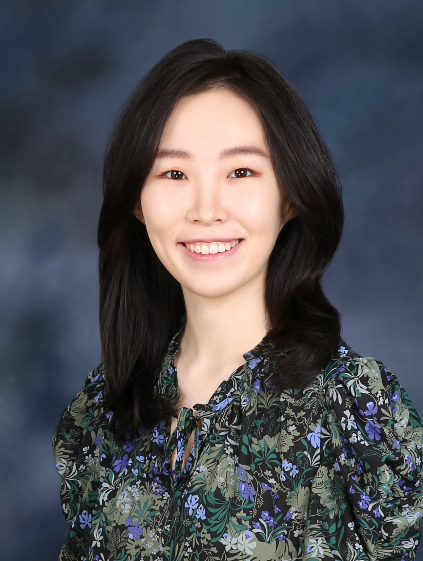 Computational Engineering of Materials at the Nanoscale—where “Classical” meets “Quantum”
Computational Engineering of Materials at the Nanoscale—where “Classical” meets “Quantum”

Speaker: Elizabeth Lee, Postdoctoral Researcher
University of Chicago
Host: Kayla Sprenger
Thursday, March 3, 2022 - 2:45 p.m., JSCBB A108
Seminar Abstract
Recent trends in materials have increasingly gone “nano”, transforming bulk material down to only a few hundred atoms. Owing to their unique optical, electronic, and chemical properties, materials at the nanoscale are actively studied for a wide variety of applications, from solving global energy crisis using solar cells and catalysis, to designing entirely new types of computing platforms in quantum information science. To leverage such materials for transformative applications, there is a need to not only design materials from their atomic building blocks, but also predict properties that lie at the boundary of classical and quantum phenomena.
I will present several classes of materials that require new computational modeling frameworks to investigate electron spins, exciton dynamics, and molecular reactions, as materials undergo chemical and physical changes at the nanoscale. I have developed quantum-classical models using theoretical and computational tools based on ab initio molecular dynamics, phenomenological modeling, and machine learning algorithms. The first part will focus on modeling the high-temperature formation of quantum defects in solids to realize scalable quantum systems. This study reveals that the underlying electronic structure and dynamics of spin defects are key to designing new quantum technologies. In the second part, I will show how nanoscale energy carriers, in the form of excitons, is transported in conjugated polymers, a fundamental microscopic process in flexible solar cells. The combination of theoretical and experimental studies demonstrates that energy transport and relaxation processes are sensitive to dynamical changes in conjugation lengths and conformational disorder of polymers. Finally, I will discuss the development of a neural network approach in simulating chemical reactions in condensed phase systems. These algorithms enable the simulation of long-timescale reactive processes, for instance, the molecular nitrogen dissociation on metal catalysts, which is the rate-determining step in ammonia synthesis.
Biosketch
Liza Lee is a postdoctoral researcher at the University of Chicago, where she works with Profs. Juan de Pablo and Giulia Galli to develop first-principles computational frameworks to investigate chemical bonding dynamics and equilibria in quantum materials and polymer precursors. She received her Ph.D. and master’s in chemical engineering from Massachusetts Institute of Technology (MIT), under the joint supervision of Profs. William Tisdale and Adam Willard, where she focused on modeling nanoscale energy transport phenomena in molecular semiconductors, such as colloidal quantum dots and conjugated polymers to design next-generation photovoltaics and LEDs. Prior to MIT, Liza earned her bachelor’s degrees in chemical engineering and chemistry from Johns Hopkins University. Her awards include NSF Graduate Research Fellowship, AIChE Electronics and Photonics Materials Award, and the University of Chicago Maria Lastra Excellence in Mentoring Award.
